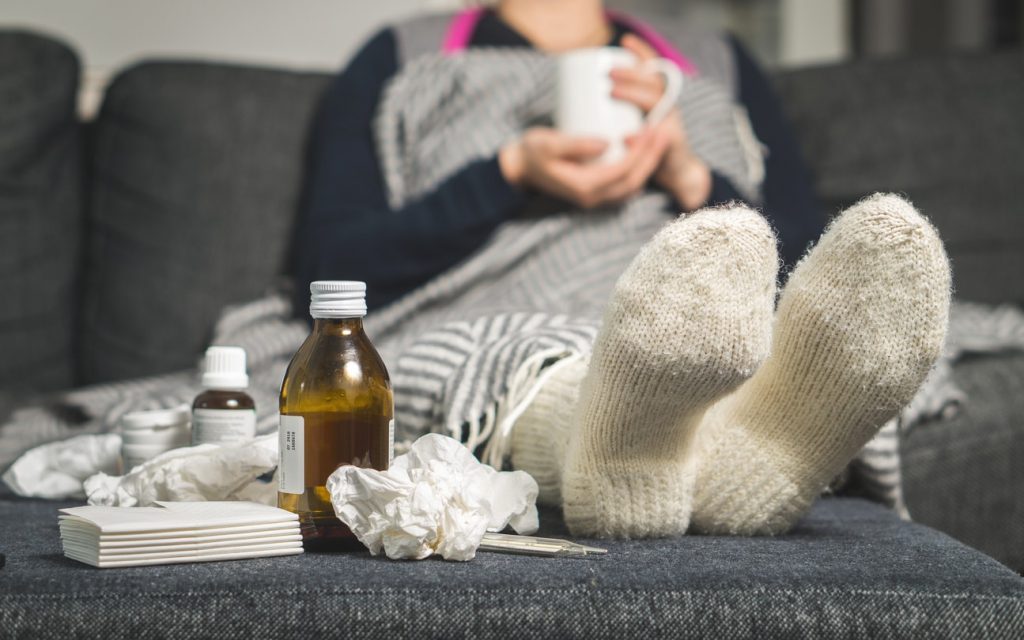Now is the time to get a flu vaccine shot, according to health officials. By the time the virus becomes widespread, it will be too late for the vaccine to be effective.
The number of
serious influenza cases has been on the rise Prague in recent years.
During the 2018–19 season, it claimed 34 lives in Prague and 91
people were treated in the hospital. A year earlier there were 22
deaths and 77 severe cases.
With the onset of
chilly autumn weather, Prague residents have started to come down
with common infections such as runny noses and coughs. According to
hygienists, about 800 people in 100,000 suffered from cold symptoms
last week. The most affected are children under 5 years old, followed
by schoolchildren.
These symptoms are caused by viruses other than influenza, but can serve as a reminder that time is running out. “I recommend using the appropriate time for getting the seasonal influenza vaccine shot,” Prague hygienist Zdeňka Jágrová said, according to daily Pražský deník.

She added that vaccination is the most effective prevention against influenza, but few people get it. “We are trying to gradually increase the vaccination rate, which in the Czech Republic reaches a level of around 5%,” she said, one of the lowest in Europe. People who have been vaccinated face a much lower risk of serious illness or death.
Vaccination is
recommended especially for chronically ill people, who end up in the
hospital most often due to the flu. Of the particularly severe cases
that were hospitalized last year, 40% were people with chronic lung
disease and 30% were diabetics.
For at-risk groups,
including chronically ill people and those of 65 years of age,
vaccinations are fully covered by General Health Insurance (VZP).
For people not
defined as at risk, VZP pays up to 150 CZK. Many other insurers offer
similar contributions, and some employers offer the vaccine as a
benefit. The average cost of a flu shot is 400 CZK.
The Prague Hygiene
Station (HSHMP) monitors the number of flu cases, and based on the
level per 100,000 people declares when cases have reached an
epidemic. This usually occurs at the end of January and start of
February.
The number of cases
generally rises steadily throughout the fall but tends to drop
sharply right as winter starts, due to the Christmas holidays.
Children are not in school and adults are not in offices, where germs
can spread. Cases then spike sharply once people return to confined
spaces.
To avoid getting the
disease it is important to avoid contact with sick people. If that
cannot be avoided, at least a meter distance should be maintained.
People should also
avoid hospitals and waiting rooms if possible. Some hospitals have
banned or restricted visits for flu patients.
More than ever,
people should maintain a proper diet and get enough sleep. Washing
hands with soap and not touching your eyes, nose and mouth with your
bare hands also helps to reduce infection.
Complications to flu
can include pneumonia or bronchitis.












 Reading time: 2 minutes
Reading time: 2 minutes 

























